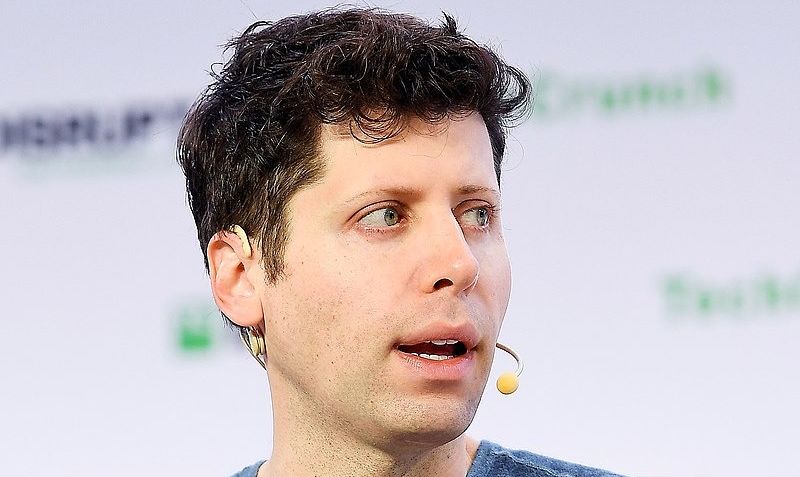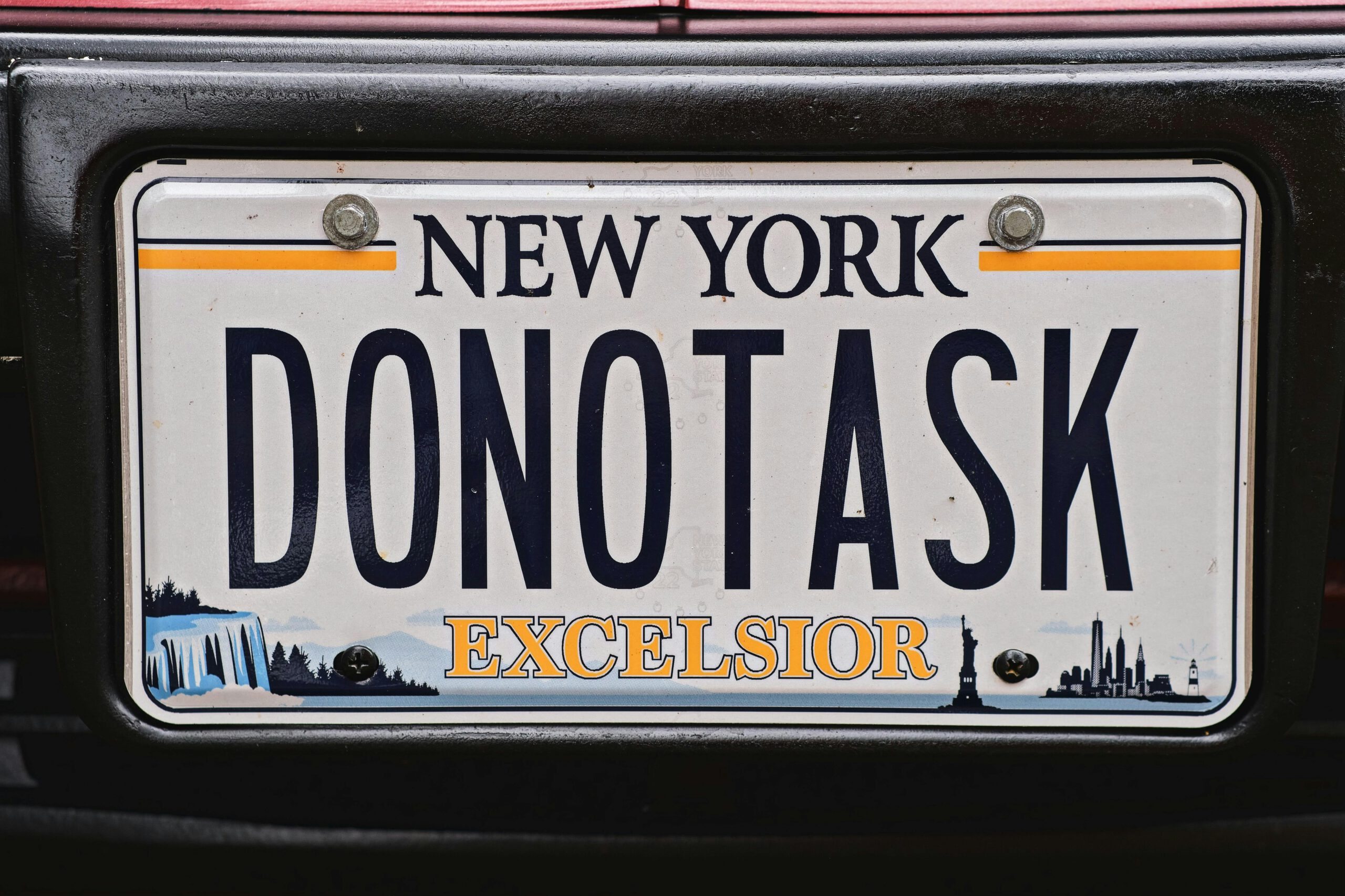Dead phone batteries are annoying. Dead government budgets? That’s where grand tech visions meet harsh fiscal reality. OpenAI CEO Sam Altman pitched UK Technology Secretary Peter Kyle an audacious proposition during March and April meetings: give every UK resident free access to ChatGPT Plus, the premium AI service that normally costs $20 monthly. The price tag? A cool £2 billion, roughly equivalent to what Netflix spends on global content annually.
The Math That Killed the Dream
Simple multiplication revealed why this AI utopia never stood a chance.
Back-of-envelope calculations suggested the deal should cost around £1.4 billion for 70 million residents over one year. Yet reports pegged the proposal at £2.7 billion, suggesting OpenAI factored in multi-year commitments or premium government rates. Either way, UK officials quickly recognized the opportunity cost: that money could fund significant NHS improvements, hire thousands of police officers, or address the education funding crisis that actually keeps voters awake at night.
What Britain Actually Got Instead
Public sector partnerships replaced the consumer fantasy with bureaucratic reality.
Rather than universal ChatGPT access, the UK signed a July memorandum of understanding enabling AI tools within government departments. Education, defense, security, and justice ministries can now deploy ChatGPT for internal operations. The trade-off? OpenAI gains access to certain government datasets, raising the usual questions about American tech giants handling British public information.
Kyle, who personally uses ChatGPT for professional advice and calls it “fantastically good,” champions this targeted approach over blanket consumer subsidies.
The Bigger Picture for Government AI
This failed mega-deal signals evolving expectations around digital public services.
The UK already ranks among the top five global markets for paid ChatGPT Plus subscriptions, suggesting demand exists without taxpayer funding. Meanwhile, similar discussions reportedly occurred with the UAE, indicating Altman’s team actively courts national-scale partnerships.
The early stages of “AI as infrastructure” debates are unfolding that will define the next decade. The question isn’t whether governments should embrace AI tools, but whether subsidizing consumer access beats targeted deployment in essential services.
The stalled deal reveals something crucial about modern tech policy: the gap between Silicon Valley ambitions and democratic budget priorities remains vast, even when the technology genuinely impresses the people writing the checks.




























